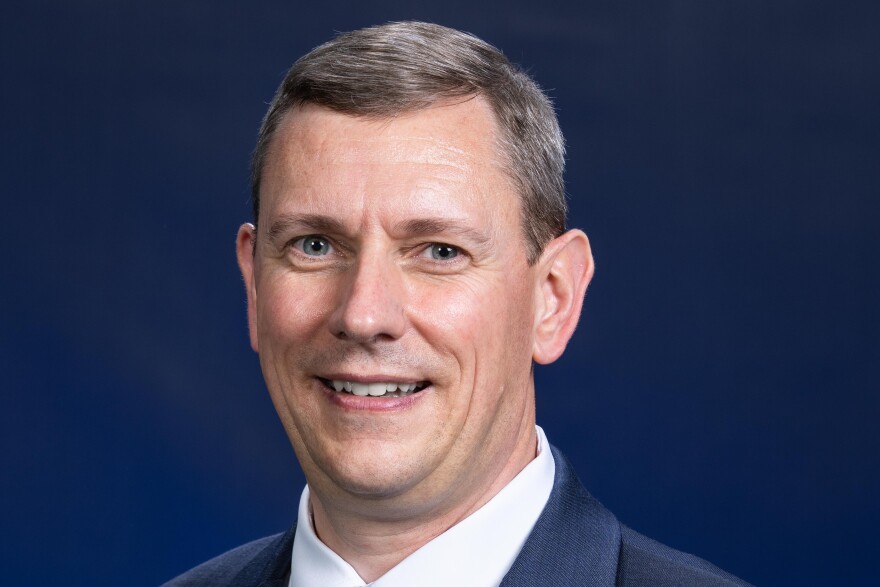Air traffic controllers direct aircrafts in and out of the airport and monitor them as they fly through the skies.
But, as travelers pack Florida airports this Spring Break, the Federal Aviation Authority (FAA) is dealing with an ongoing shortage of air traffic controllers.
President Biden released a proposed budget for Fiscal Year 2025 earlier this month, which includes $43 million to speed up the hiring and training of air traffic controllers, according to the Federal Aviation Authority.

Strain on the System
Although the FAA met its goal in 2023 of hiring 1,500 new air traffic controllers, there continues to be a shortage of controllers, according to Jim Gregory, Dean of the College of Engineering at Embry Riddle Aeronautical University.
“The pandemic is one reason why we see the shortage today. There's also the effects of government shutdowns, and maybe people chose to retire early. There were different factors there where it's kind of a convergence of many of these things together that lead to the shortage that we have today.”
Less air traffic controllers is resulting in more delays for travelers, but Gregory said it’s not the only reason.
“It’s a very safe system that the FAA is built with air traffic control, but the level of resilience to that system goes down when you have fewer controllers. So, resilience to things like thunderstorms or other things where it's the system's ability to handle those disruptions elegantly. We see delays when weather comes in more frequently because we are limited on how many air traffic controllers there are.”
Training & Hiring
In February, the FAA announced its Enhanced Air Traffic-Collegiate Training Initiative (AT-CTI) program to help accelerate the training and hiring of air traffic controllers.
Through the AT-CTI program, colleges will be authorized by the FAA to provide the same curriculum offered at the FAA Air Traffic Controller Academy.
“That Academy, largely what the students do there is the same as what students at Embry Riddle are learning. We've intentionally modeled our programs after what the FAA does for quality reasons.”
Once accepted into the program, Gregory said students at schools like Embry Riddle Aeronautical University in Daytona Beach will have a fast track to becoming an air traffic controller.
ERAU currently has about 35 graduates per year from the Air Traffic Management major, according to Gregory.
“We have a lot of students who also pursue that as a minor. So there's really good interest with our students. The bottleneck is really how many students the FAA can pull through the academy in a given year. Right now, it's 1,800 per year, and they're anticipating next year, it's going to go up to 2,000.”
Currently, Gregory said it may take a few years before there’s enough trained air traffic controllers to keep up with travel demands.
“The whole selection process from start to finish may take from one to three years before somebody is out in the workforce, producing, and managing traffic at a meaningful level.”
Copyright 2024 WMFE. To see more, visit WMFE.

